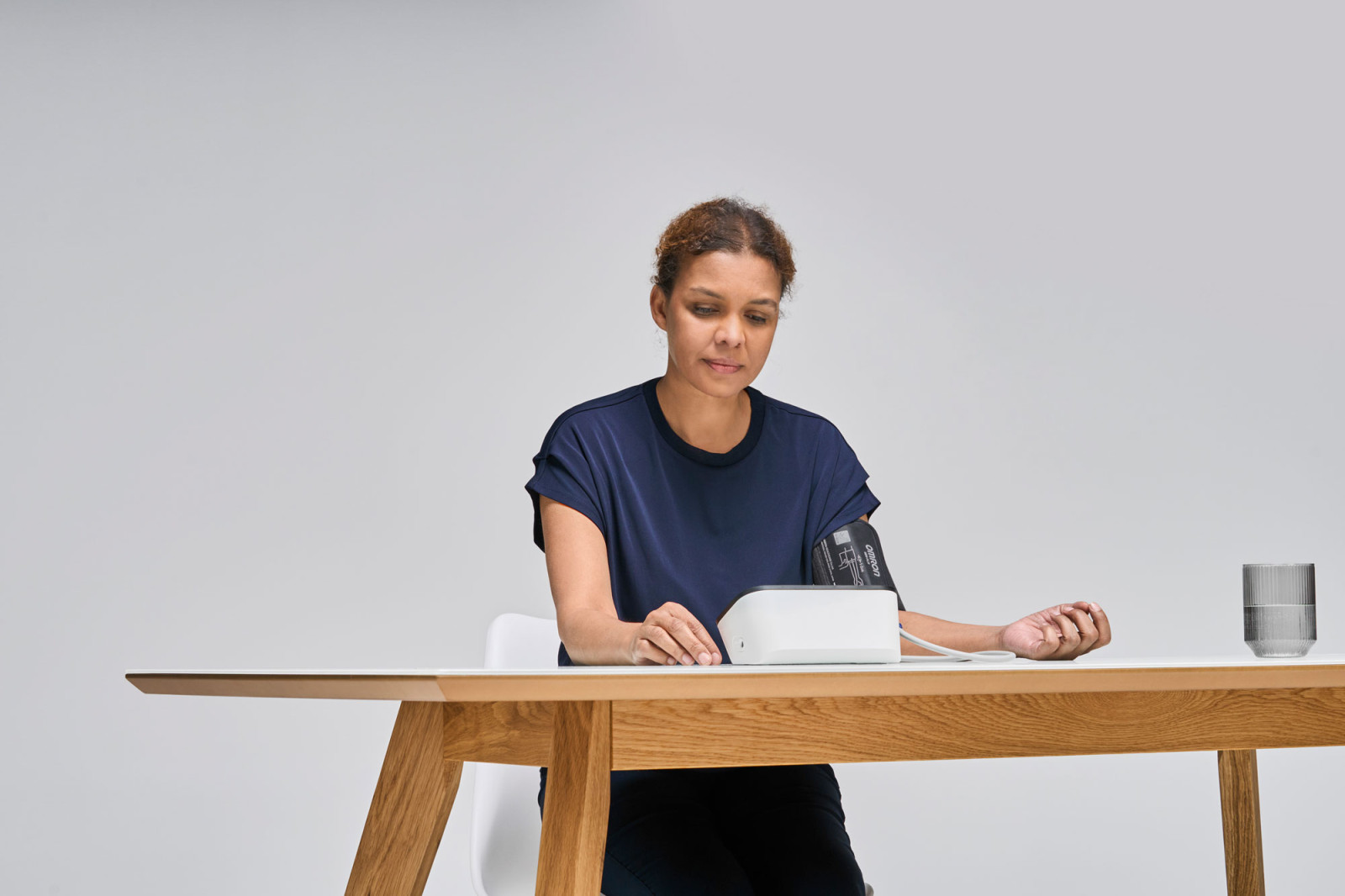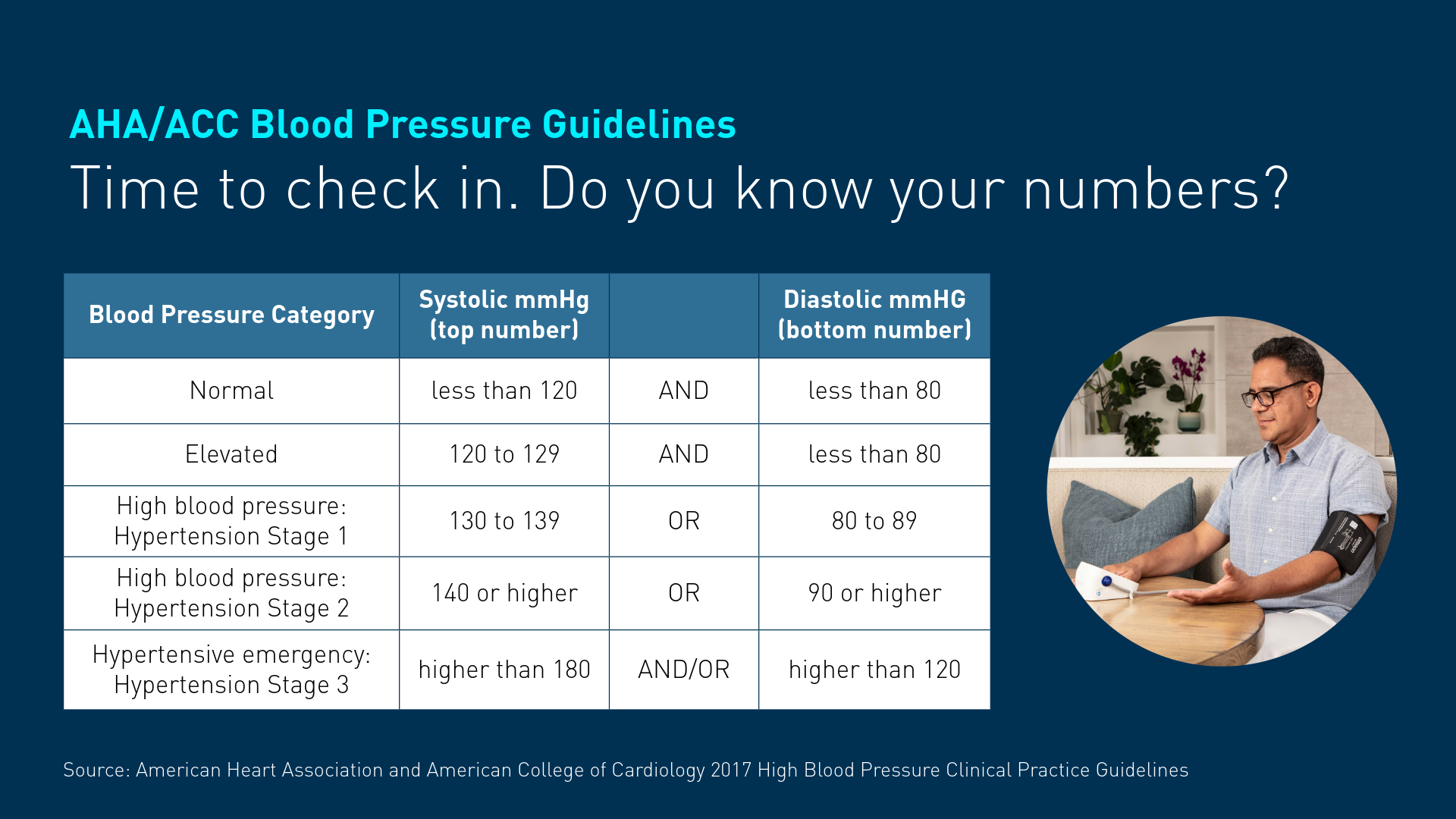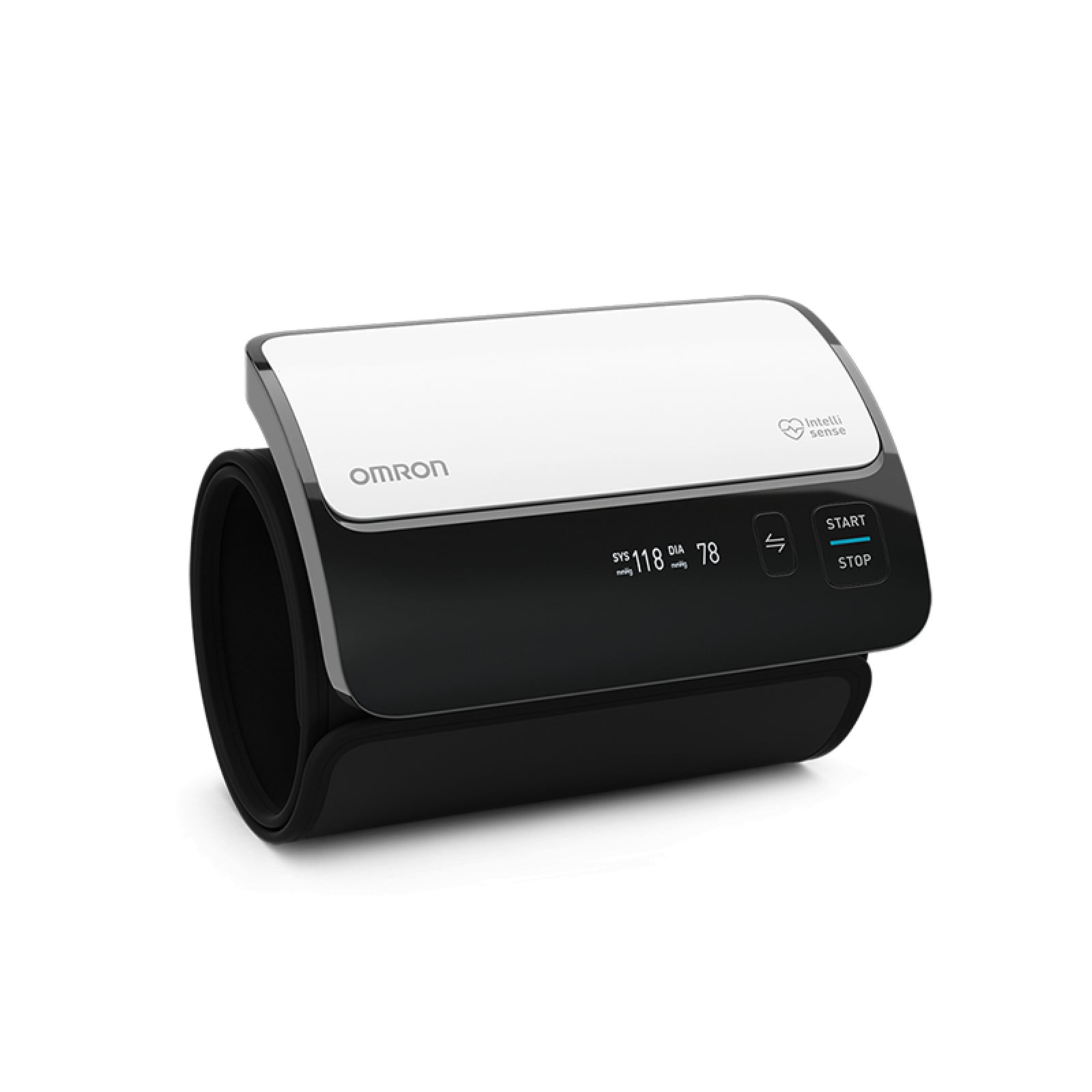
Cardiovascular diseases
New AHA Guidelines Say Blood Pressure Monitoring is a Must


When it comes to your health, one small step can make a life-changing difference: checking your blood pressure at home. The American Heart Association (AHA) and American College of Cardiology (ACC) just released their first new blood pressure guidelines in eight years, and the message is clear: don’t wait for your next doctor’s visit to know your numbers.
According to the CDC, nearly half of all U.S. adults have high blood pressure. Left unchecked, it’s the number one preventable risk factor for heart attack, stroke, heart failure, kidney disease, and even dementia. Routine at-home blood pressure monitoring is no longer optional - it’s essential.
What the New Guidelines Mean for You
Earlier action saves lives. If your blood pressure is even slightly elevated, doctors may now recommend treatment sooner. The best way to catch changes early is by monitoring at home.
Your heart and brain are connected. High blood pressure disrupts the flow of oxygen to the brain, raising your risk of cognitive decline. Keeping a close eye on your numbers can help protect both heart and mind.
Pregnancy makes monitoring critical. High blood pressure during pregnancy can impact long-term health for moms and babies. Monitoring before, during, and after pregnancy is more important than ever, and validated at-home monitors have been recommended for more frequent use.
Lifestyle changes matter - but only if you track results. Exercise, stress management, and healthy weight can support lower blood pressure. Regular at-home monitoring can help reveal if your efforts are paying off.
Make Blood Pressure Monitoring Part of Your Routine
At-home monitoring doesn’t have to be complicated. Think of it like brushing your teeth or taking vitamins - just another part of daily self-care. For some, checking once a week is enough, while others may need daily readings. The key is consistency.
Today’s blood pressure monitors are simple, accurate, and even Bluetooth-enabled. Devices like the best-selling OMRON 3 Series, Evolv, and the all-new 10 Series with Advanced AFib Screening Technology can make it easy to track your numbers with clinical accuracy, spot irregularities, and share results with your doctor. Pairing a monitor with the free OMRON connect app gives you virtual coaching, reminders, and insights to help you stay on track.

A Must-Have for Every Home
Just as every household has a thermometer, every household should have a blood pressure monitor. It’s one of the more powerful tools you can keep in your medicine closet, not only for those with hypertension, but for anyone who wants to protect their long-term health.
Check out our wide range of clinically validated, FSA/HSA-eligible blood pressure monitors and find the one that’s right for your home.
References
- (Accessed August 2025). High Blood Pressure Facts. Centers for Disease Control and Prevention. https://www.cdc.gov/high-blood-pressure/data-research/facts-stats/index.html
- Jones, Ferdinand, Taler. et. al. (2025). 2025 AHA/ACC/AANP/AAPA/ABC/ACCP/ACPM/AGS/AMA/ASPC/NMA/PCNA/SGIM Guideline for the Prevention, Detection, Evaluation and Management of High Blood Pressure in Adults: A Report of the American College of Cardiology/American Heart Association Joint Committee on Clinical Practice Guidelines. Hypertension. https://www.ahajournals.org/doi/10.1161/HYP.0000000000000249

